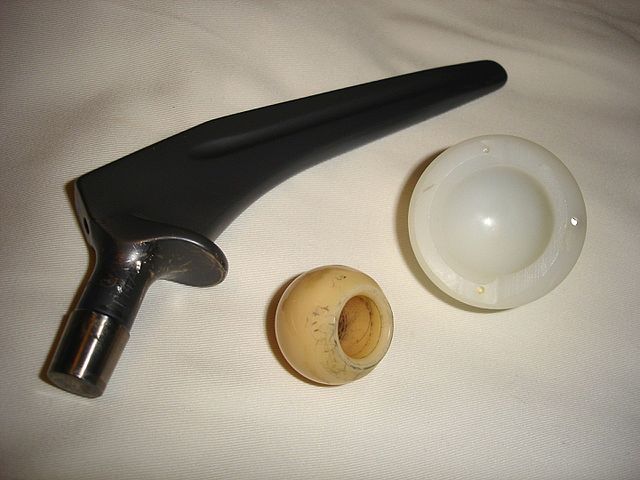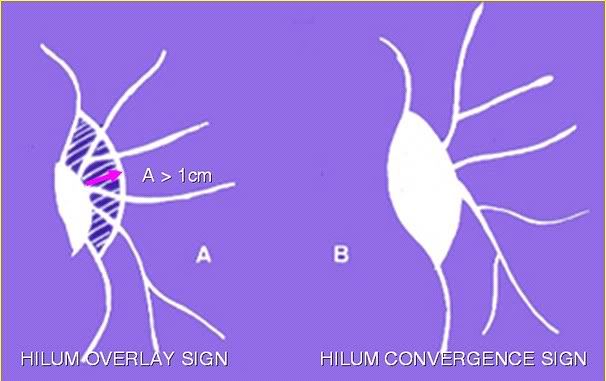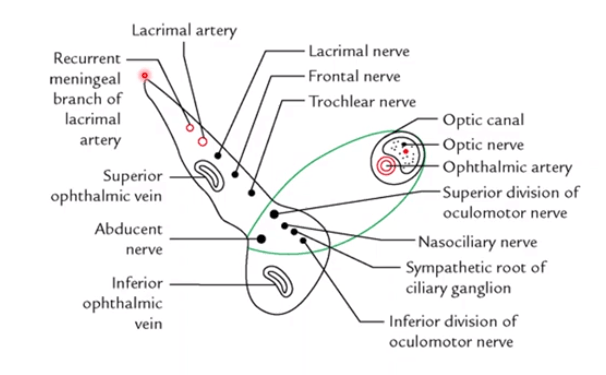Mnemonic: BARASH
Uses of Dexmedetomidine:
- ICU sedation – For ventilated patients without respiratory depression
- Procedural sedation – Minor procedures, awake intubation
- Adjunct in anesthesia – Reduces anesthetic and opioid needs
- Post-op analgesia – Especially in opioid-sensitive patients
- Delirium prevention – Especially in ICU settings
- Pediatric sedation – For imaging and non-painful procedures
- Regional anesthesia adjunct – Prolongs block duration
This mnemonic, BARASH, is dedicated to Dr. Paul G. Barash, whose work in anesthesiology has profoundly shaped medical education and clinical practice. Just as his textbook has guided countless practitioners, may this mnemonic serve as a concise tool for remembering key concepts with clarity and precision.
1. Bradycardia
2. Alpha-2 agonist
3. Respiratory depression (mild)
4. Analgesia, Anxiolysis
5. Sedation
6. Hypotension



